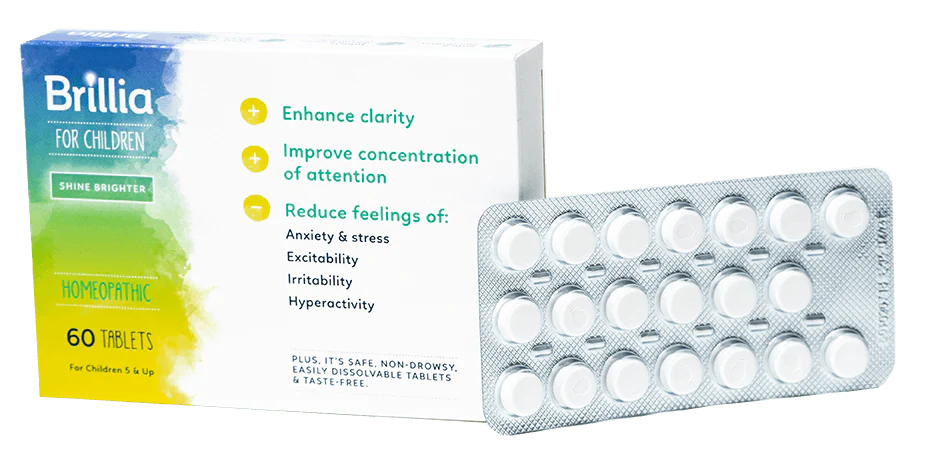For adults with ADHD, navigating a conversation can feel like navigating a minefield. Talking excessively, not talking enough, interrupting, and blurting things out are just some of the ways that ADHD communication problems show up, making it difficult sometimes for a person with ADHD to form and maintain meaningful relationships at work and at home. Learn how ADHD commonly affects communication as well as tips for improvement.
Does ADHD Affect Communication?
Common traits of ADHD, such as impulsivity, distractibility, and inattention can all affect communication.1 When a person is prone to impulsiveness, they may say the first thing that comes to their mind without thinking about how a listener might react, or without realizing they’re interrupting someone who is already talking. Another trait of ADHD is being confrontational, which can lead to communication breakdowns, misunderstandings, and even arguments. Being unable to stay focused may lead a person with ADHD to switch subjects quickly, making another person feel like what they are saying is not important. Lack of focus may also lead to the ADHD person missing key details of information or following a train of thought.
As if focusing long enough to follow a conversation isn’t hard enough, people with ADHD also may have difficulty “reading between the lines” or understanding subtext.2 This may include detecting sarcasm or body language. Having to put in extra effort to not just listen intently, but to also figure out what a speaker really means can be exhausting for the person with ADHD.
What You Should Not Say to Someone with ADHD
But effective communication isn’t solely in the hands of the person with ADHD. How other people communicate about the condition is just as important. Some of the common misconceptions surrounding ADHD lead some people to say hurtful things. If you know or love someone with ADHD, here are some statements you should never say to them:
- “ADHD isn’t real.” Brain imaging studies have proven that there are differences in brain development between people who have ADHD and people who don’t.3
- “Don’t people just use ADHD to excuse bad behavior?” Because of the unpredictable and complex nature of ADHD (ranging from lack of focus to hyperfocus), non-ADHD people may make unfair assumptions about those with ADHD. But more education about this real and impactful condition leads to more understanding and compassion.
Shine Brighter
Tips for Better Communication
Learning how to communicate more effectively can help a person with ADHD make and maintain meaningful relationships. If you are a person with ADHD, here are some tips to help improve communication:
- Be open and appreciative of feedback. If others come to you with concerns about your social skills, try not to take their concerns personally. See the feedback as an opportunity to grow.
- Tackle one skill at a time. Set a goal of trying to notice when you interrupt or catching yourself before you do and learn to master restraint before moving on to another skill that needs refining. By trying to improve all aspects of your communication at once, you may become too overwhelmed to follow through.
- Try echoing. CHADD describes the echo as a system of checking with others what they heard.6 This might sound like, “I heard you say X, Y, Z. Did I get it right or is there more?” This may help you follow a conversation and not miss key details.
- Observe others (even people on TV) to help you model socially acceptable conversation.
Therapists and coaches can also help you improve your social skills. Some people with ADHD also turn to medication to manage their symptoms, although the side effects of these medications can be undesirable for some. Brillia for Adults is another option, a homeopathic, non-prescription solution that helps to enhance focus, and relieve common symptoms like irritability and impulsivity, which can all affect communication. Brillia is not habit forming, it does not cause drowsiness, lethargy, or depression, and it does not mask the personality. It also does not affect appetite, does not cause weight loss or weight gain, and it has no contraindications with any other supplements or medications so if you are already taking prescription medication, Brillia can be safely added to your regimen. Find out more about how Brilla works.
 A whole bunch of support right in your inbox.
A whole bunch of support right in your inbox.







